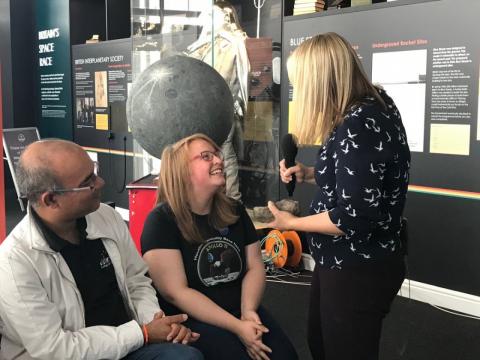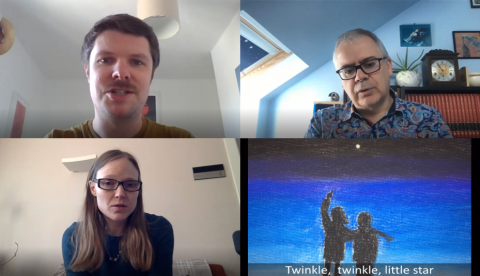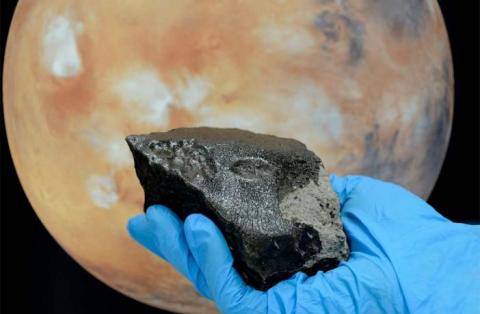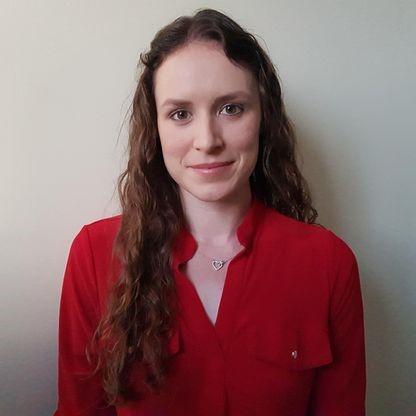News
Apollo 17 sample leads to new discovery of the Moon’s evolution
An international team of scientists, including Mahesh Anand, Professor of Planetary Science and Exploration at The Open University, have discovered new evidence that massive impact events formed large portions of the Moon’s crust.
According to research, published today in Nature Astronomy, the formation of ancient rocks on the Moon may be directly linked to large-scale meteorite impacts.
Ancient rivers on Mars more than 3.7 billion years old
Scientists from around the globe have discovered evidence of ancient rivers on Mars more than 3.7 billion years old, using high-resolution 3D imaging data.
Sedimentary rocks, found in a 200-metre high Martian rocky cliff, formed by the ancient rivers proves that water was not only present on Mars, but the rivers were probably active for 100,000 years.
OU to the Moon and back – Award nomination
The Open University has been shortlisted for an award by the Chartered Institute of Public Relations for its STEM campaign to mark the anniversary of the 1969 Moon landings and the OU connection with this.
Lockdown Lectures
Our resesarcher's are working hard behind the scenes (at home) to bring us some brand new content on our School of Physical Sciences YouTube channel. We're calling these the Lockdown Lectures and you can check out the full playlist here.
Champions in Gender Equality
The School of Physical Sciences have successfully renewed their Institute of Physics (IoP) Juno Champion status in recognition of their commitment to gender equality and improving the working practices for all school members. Specifically, SPS successfully demonstrated that the six core Juno principles
OU researchers discover ancient water reservoirs inside Mars
A team of researchers, including scientists from The Open University (OU), have discovered ancient water reservoirs inside the mantle of Mars.
OU awarded £2.5 million to further success in planetary sciences
The Open University (OU) has received £2.5 million from the Science and Technology Facilities Council (STFC) to fund research in planetary sciences, building on the university’s 50 years in space science.
Scientists from the School of Physical Sciences have been awarded the grant to further their research in the origin and evolution of the Solar System, and to answer the age-old question: is there life beyond the Earth?
Dr Geraint Morgan working on a new project for greener satellite propulsion
Dr Geraint (Taff) Morgan from the School of Physical Sciences is involved in a SPRINT funding project to to utilise patented valve technology in development of novel water-based propulsion system.
I'm A Scientist Get Me Out of Here
Two of our PhD students took part in the most recent ‘I’m a Scientist Get me Out of Here’ competition, which connects real students with real scientists doing real science. Lori-Ann Foley and Sam Faircloth, who are both Planetary and Space Science students with the School of Physical Sciences, joined the ‘I’m a Scientist Space Zone’ to talk in chat rooms to enthusiastic young students across the UK.
PhD student Hannah Sargeant makes Forbes 30 under 30 list
We want to congratulate School of Physical Sciences final year PhD student Hannah Sargeant for being selected to be on the Forbes 30 under 30 Europe list for Science and Healthcare.
Hannah's research is developing a method to extract water from Moon rocks, a technique she has successfully tested on lunar samples.





